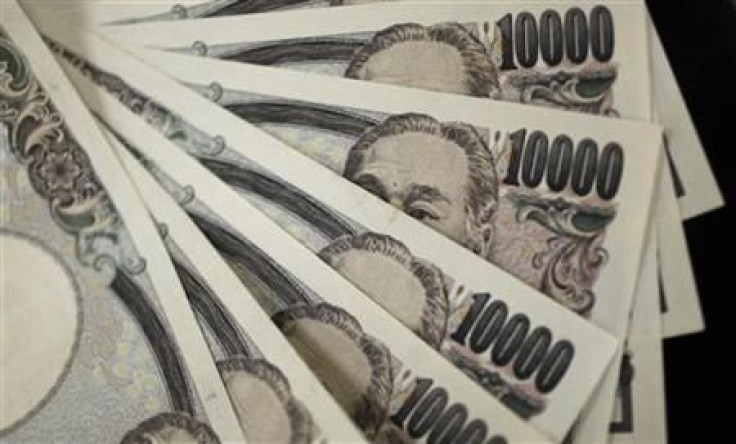Japan Returns To Trade Deficit In July Amid Declining Exports

Japan reported Wednesday a rise in trade deficit in July compared to the previous month with a decrease in exports and an increase in imports, raising concerns of the global economic condition.
The Finance Ministry data showed that the country recorded 517.4 billion yen ($6.5 billion) trade deficit in July, down from 60.3 billion yen surplus in June. While exports dropped 8.1 percent to 5.31 trillion yen from a year earlier indicating the soft global demand, imports rose 2.1 percent to 5.83 trillion yen as the nuclear energy crisis has resulted in the increased need of oil and gas.
There was a slump of 25.1 percent in exports to the European Union compared to the previous year. While exports to China dropped 11.9 percent, exports to the U.S. rose 4.7 percent. The continuing debt crisis in Europe and the tentative U.S. recovery have hurt the demand for exports, the key driver of Japan's economy.
The government decided to shut down Japan's nuclear reactors following the earthquake and tsunami of 2011 that resulted in the worst nuclear accident in 25 years. Since its nuclear reactors remained offline, Japan had to increase energy imports.
Of the 54 nuclear reactors, the last one went offline from May 5. It is for the first time in four decades that the country is without atomic energy resources. Shutting down the nuclear reactors in summer has certainly put the country's economy under severe stress.
Earlier this month, it was reported that Japan's economic growth slowed down in the April-June quarter compared to the first three months of the year, indicating that the country is losing growth momentum affected by soft global demand and weak consumer spending. Japan's economy grew at 0.3 percent in the second quarter down from 1.2 percent in the first three months of the year. The data also showed that the economy grew at an annualized rate of 1.4 percent in the April-June quarter, down from 5.5 percent in the previous quarter.
Investors are expecting that the bank would need to expand its asset purchase program (APP) with Japan's economy having lost its growth momentum faced with deflation and strengthening of the yen.
© Copyright IBTimes 2024. All rights reserved.











